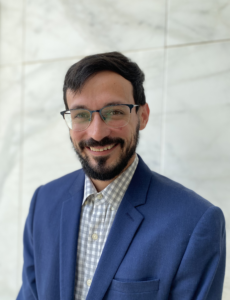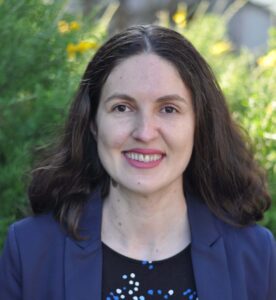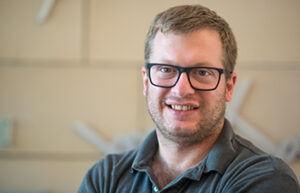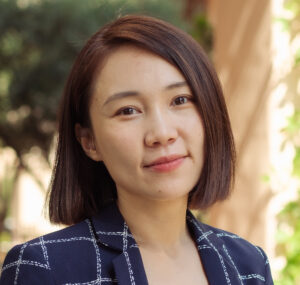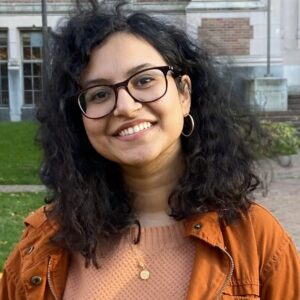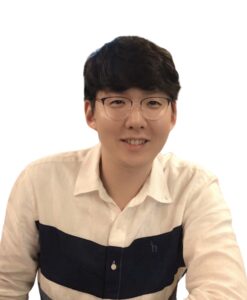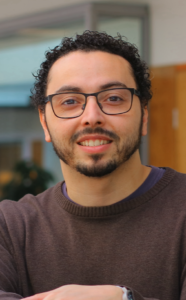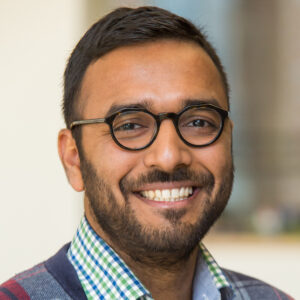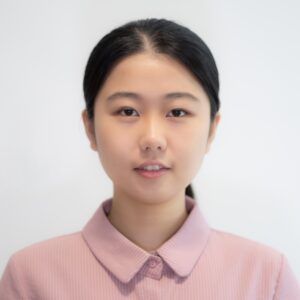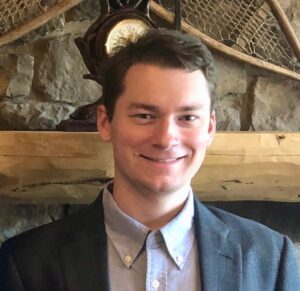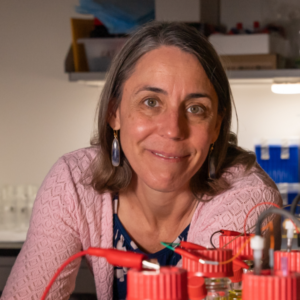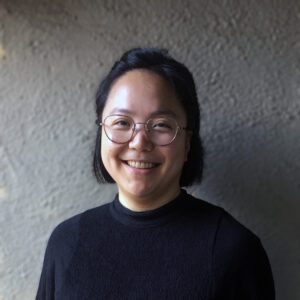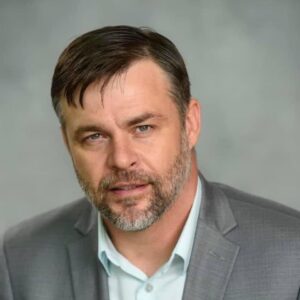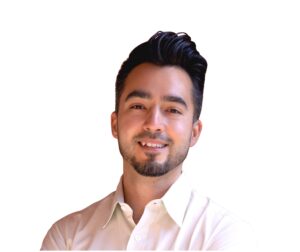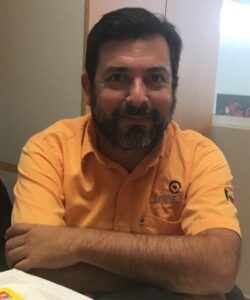Profiles
-
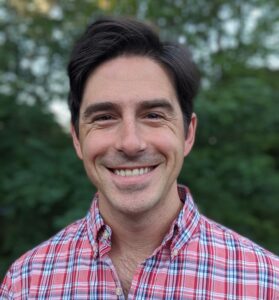
Devin Camenares
I have been interested in synthetic biology for over a decade – it has motivated much of my academic career and is highlighted by involvement in iGEM. Attending the Jamboree in 2006, I returned as a volunteer in 2013 and 2014, after completing a PhD in Molecular Biology (Studying trans-translation in E. coli under Dr. Wali Karzai at Stony Brook University). I have been the primary mentor for teams at the two institutions where I taught; Kingsborough Community College (2016, 2017) and Alma College (2019 to 2023). I have also participated in the iGEM community in other ways, acting as a judge in 2017 and 2018, and an After iGEM committee member working on the EduHall project and, most recently, the SynBio-101 project. In addition to iGEM and other synthetic biology research, I have active research in bioinformatics, self-taught in Java and other languages. Currently, I am a research scientist at UDRI, leveraging synthetic biology expertise to address client needs. I am also a co-founder of the Great Lakes SynBio Association, a nonprofit dedicated to fostering stronger connections between Synthetic Biology educational programs, colleges, industry, and students in the Midwest.
When I am not in the lab or in meetings, I am either spending time with my wife or daughter, on the pickleball or tennis courts, or at the chess board (I used to be a USCF rated expert and still an avid player).
